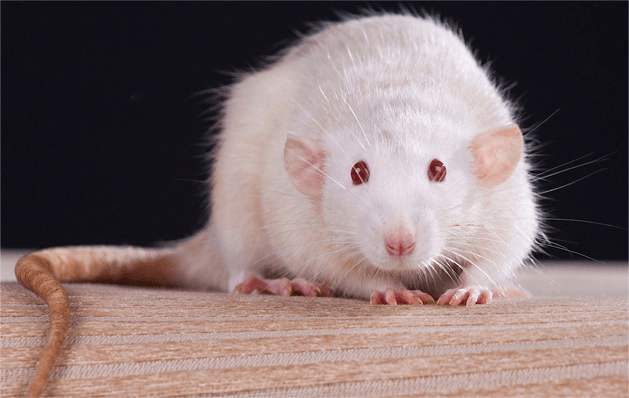
18%-20% protein can meet the growth and reproduction needs of rats. Adding 0.4% methionine and 0.48% lysine to the diet can increase the growth rate of rats. Rats are sensitive to various nutritional deficiencies, and special attention must be paid to providing fatty acids to rats. The content of essential fatty acids accounts for 1.3% of the total energy, and the content of linoleic acid in the feed cannot be less than 0.3%. In addition, mice are susceptible to vitamin A deficiency and need vitamin A supplementation. Rats have a strong tolerance to calcium and phosphorus and should maintain their state, especially during pregnancy and lactation. Adding 60 IU vitamin E per kilogram of feed can improve the fertility of rats. Sterile rats should also pay attention to vitamin B12 supplementation.
